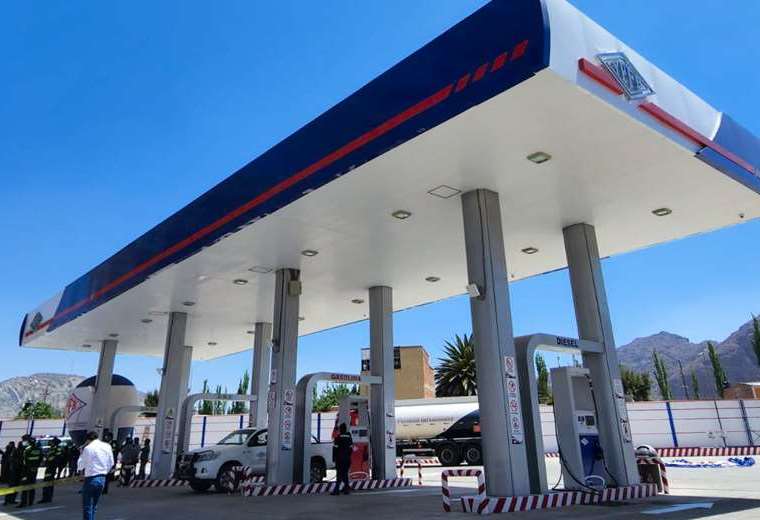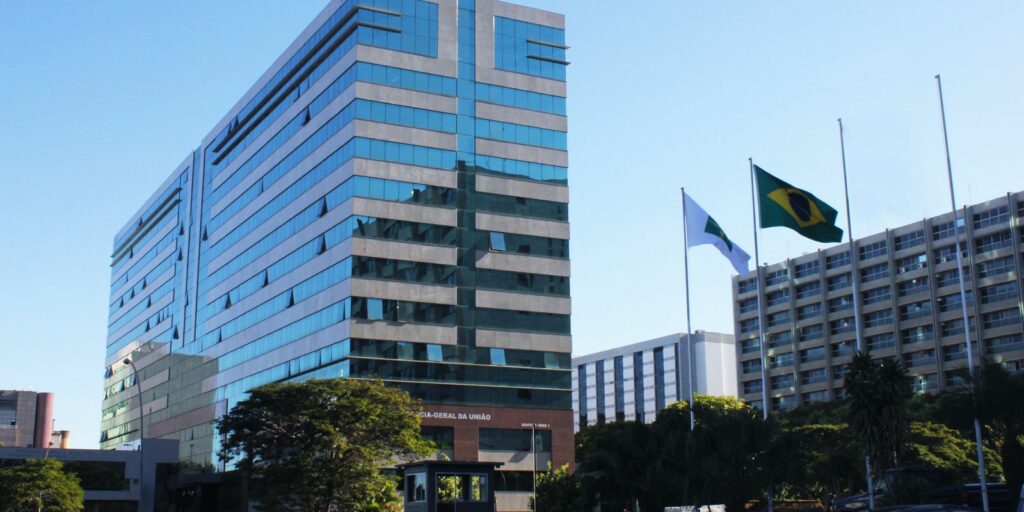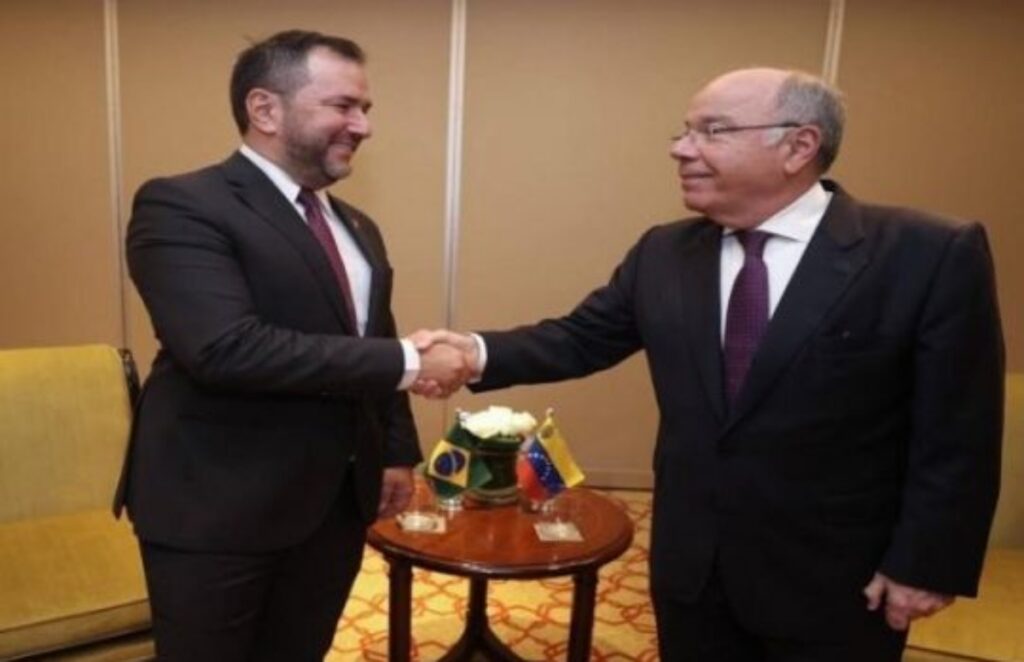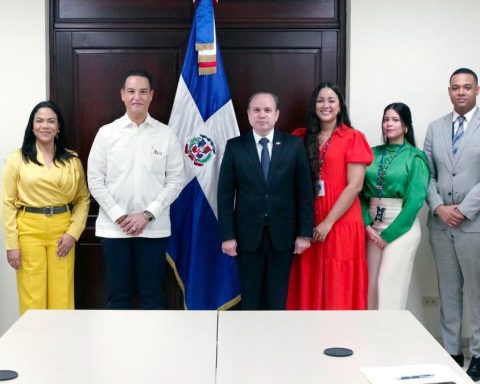March 21, 2023, 12:07 PM
March 21, 2023, 12:07 PM
Faced with an increasingly complicated scenario of fund the grant of fuel that in 2022 demanded $1.7 billion, the jubilee foundation proposes discussing the need to establish price bands differentiated that consider elements such as the year of importation of the vehicle, model, brand, cylinder capacity and economic activity.
In this sense, the institution considers that a basic premise should be that for the vulnerable population, that uses these fuels as an input for its public transport activity in taxis, minibuses, buses or retail trucks, can be maintain the current subsidized price and, for the rest of the population, introduce differentiated prices according to the characteristics described, fuel octane rating and other criteria that are registered in the B-SISA system, and that can allow distinguishing the type of consumer and assigning a price according to to its characteristics.
“This proposal, along with others that may exist, seeks to promote public debate on the unsustainability of the blind grant to the hydrocarbons sector in force since 2004 and which has been diminishing public resources and increasing the already growing fiscal deficit which the national economy has been going through since 2013”, they specified from Jubilee.
Álvaro Ríos, former Minister of Hydrocarbons, argued that the proposal to flocate the hydrocarbons subsidy It is necessary, because it is no longer possible to continue with a system of rewarding those who use it the most, but need it the least.
“You cannot keep something wicked where the one who has a luxury vana large residence and a plane that takes him to Miami continue to benefit from the cheap fuels. It is urgent to change this price policy,” Ríos remarked.
Jubilee specifies that the origin of the current problem is dates back to August 2004, when Supreme Decree (DS) 27691 was promulgated, which froze the price of a barrel of oil in Bolivia put in the refinery at 27.11 dollars per barrel ($us/Bbl).
Germán Molina, an economic analyst, noted that the subsidy is only sustainable if the country continues to export in value and volumes of natural gas that cover the cost of importing liquids.
Another factor that would make it possible to continue with this system is that Bolivia produces a sufficient quantity of liquid hydrocarbons to allow self-sufficient of refined products such as gasoline and diesel; but, in addition, developing electromobility policies that allow going substituting gradually the demand for these fuels. Unfortunately, neither of these two conditions has been fulfilled over the years, they observe from Jubilee.
The vehicle fleet has changed since 2004, when the grant was implemented. At that time, according to the National Institute of Statistics (INE), the legal vehicle fleet registered in the country reached 493,893 vehicles. ANDno 2010 already reached 961,228 vehicles. That year, the then president Evo Morales tried withdraw the grant to hydrocarbons, but backed down.
Already in 2021, the vehicle park in the country was 2,226,662 vehicles; that is, double compared to 2010 and almost five times more than 2004.
The situation has become more complex since 2015, the year in which the production of liquid hydrocarbons reached to 63,000 barrels per day, which were already insufficient to meet the national demand, but began to decline year by year until currently reach 34,000 barrels per daywhich forces the country to import more and more gasoline and diesel to supply the domestic market.


















